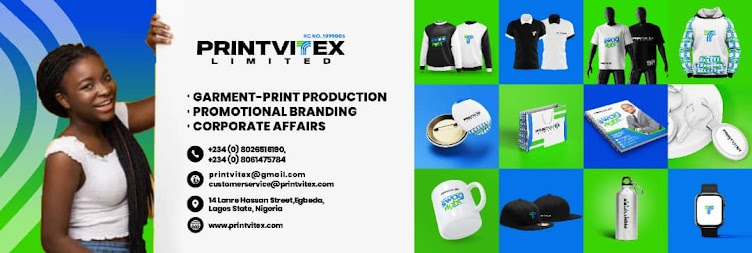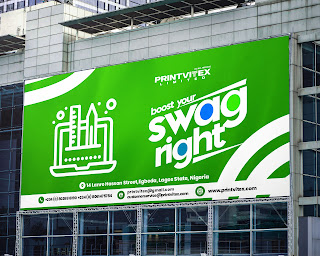Embracing diversity not only enriches our communities but also fosters innovation, creativity, and empathy. As we seek to promote these essential values, one powerful avenue stands out: custom apparel. Custom clothing can be more than just a fashion statement; it can serve as a means to initiate conversations, convey messages, and promote diversity and inclusion.
Before delving into the role of custom apparel, it's essential to understand the significance of diversity and inclusion. Diversity encompasses a broad range of characteristics, including race, ethnicity, gender, age, sexual orientation, and more. Inclusion, on the other hand, means creating an environment where diverse individuals feel valued, respected, and welcomed.
Research consistently shows that diverse and inclusive environments yield numerous benefits. These include increased creativity, better problem-solving, higher employee engagement, and improved decision-making. Moreover, diverse teams are better equipped to serve a diverse customer base, leading to increased business success.
Custom apparel, such as t-shirts, hoodies, or accessories, can be a powerful tool for promoting diversity and inclusion. Clothing is a universal form of self-expression, and the messages it carries can be compelling. By designing custom apparel with diversity and inclusion in mind, organizations and individuals can initiate important conversations and create a sense of belonging.
When creating custom apparel that promotes diversity and inclusion, certain key elements should be considered:
- Inclusive Symbols and Messages: These can include images of hands of different colors joining together, messages of unity, or quotes from influential figures advocating for inclusivity.
- Representative Imagery: Ensure that the design represents a variety of backgrounds, cultures, and identities. This can help people from diverse backgrounds feel seen and heard.
- Colour Palette: Choose colours that evoke a sense of unity and inclusivity. Colours like rainbow motifs can symbolize diversity and acceptance.
Case Studies: Let's look at examples of organizations that have effectively used custom apparel to promote diversity and inclusion:
- Community-Based Initiatives: Local community groups often create custom apparel to support diversity and inclusion within their neighborhoods. They may design shirts with neighborhood landmarks and symbols that represent unity among residents.
- Employee Resource Groups (ERGs): Many companies have ERGs that design custom apparel for their members. These groups promote diversity and inclusion within the workplace and beyond, fostering a sense of community among employees.
- Environmental Conservation Organizations: Non-profit organizations focused on environmental conservation have used custom apparel to highlight the importance of biodiversity and the interconnectedness of all living beings. Designs may feature endangered species and ecosystems, emphasizing the need for inclusive conservation efforts.
- Youth Empowerment Programs: Programs aimed at empowering young people often use custom apparel to boost self-esteem and promote inclusivity. Designs may incorporate messages of self-acceptance and unity among youth from various backgrounds.
Benefits: Using custom apparel as a medium for promoting diversity and inclusion offers several advantages:
- Fosters Belonging: Custom apparel can create a sense of belonging among individuals who identify with the message, symbol, or cause it represents.
- Initiates Conversations: Wearing custom apparel with a diversity and inclusion message can spark conversations that lead to increased awareness and understanding.
- Visual Representation: It provides a visual representation of commitment to diversity and inclusion, both for individuals and organizations.
While promoting diversity and inclusion through custom apparel is a powerful tool, it may also face challenges or controversies. It's essential to be prepared for potential pushback or misunderstandings and have strategies in place to address them respectfully and constructively. So if you're interested in using custom apparel to promote diversity and inclusion, consider the following steps:
- Educate Yourself: Learn about the issues related to diversity and inclusion to ensure your messages are respectful and informed.
- Collaborate: Partner with artists, designers, or organizations with expertise in diversity and inclusion to create meaningful designs.
- Advocate: Use your custom apparel as a platform to advocate for change and create awareness.
Bottomline:
Custom apparel is more than just clothing; it's a canvas for promoting diversity and inclusion. By designing custom apparel that celebrates diversity and conveys messages of inclusivity, individuals and organizations can create a lasting impact on their communities and society as a whole.
So, the next time you don a t-shirt or hoodie with a diversity and inclusion message, remember that you're not just wearing clothing; you're wearing a statement of values and a call for a more inclusive world.



.png)







